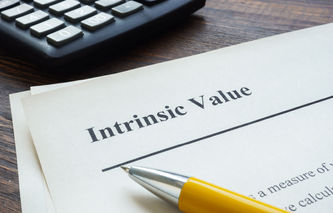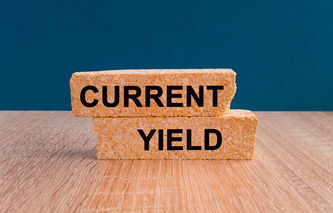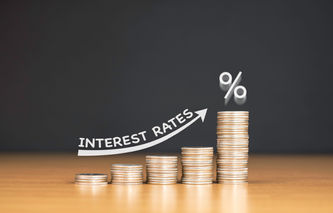Definition
The term extrinsic value refers to the amount of money assigned to an asset that is beyond its intrinsic value. External factors, such as time, will affect the extrinsic value of an asset.
Calculation
Extrinsic Value of a Call Option = Option Price - (Stock Price - Strike Price)Extrinsic Value of a Put Option = Option Price - (Strike Price - Stock Price)
Explanation
Also referred to as a time premium, the extrinsic value of an asset includes the external factors the market applies to the asset which are beyond its intrinsic value. When buying a stock option, this is a portion of the price the writer of the option receives, and would get to keep, if the price of the stock did not change before expiration. Extrinsic value can also be viewed as the compensation the writer of an option receives for the risk they take when writing the contract.
Over time, this premium would decrease as the option approaches its expiration date. In addition to time, the following factors affect an option's extrinsic value:
Implied Volatility: this is a measure of the anticipated change in the value of the underlying asset until the expiration of the option. Everything else being equal, stocks with higher implied volatility will have higher extrinsic value.
Market Demand: a secondary factor, the overall market demand will also influence the premium a trader is willing to pay for an option.
When valuing an option, the Black-Scholes model takes into consideration both intrinsic and extrinsic values.



